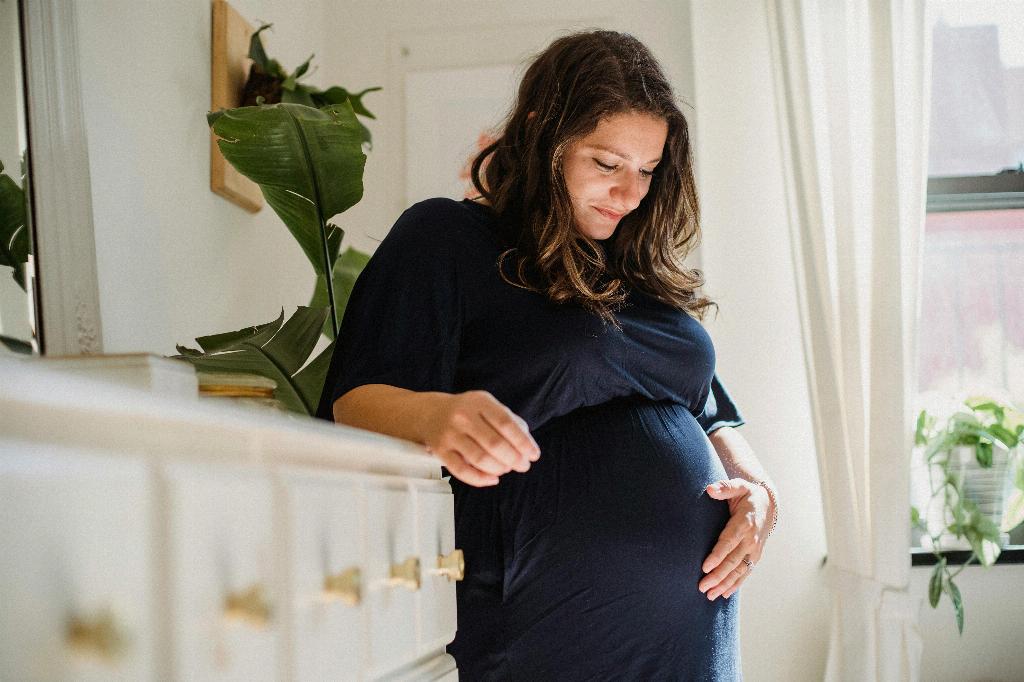As an expectant mother, ensuring you get a good night’s sleep is crucial for your health and the well-being of your baby. However, many pregnant women struggle with insomnia or disrupted sleep patterns, leading them to seek out safe and effective sleep aids. While it’s essential to consult with your healthcare provider before taking any medication during pregnancy, there are some over-the-counter options that are generally considered safe.
Antihistamines: A Common Choice for Pregnant Women
Antihistamines such as diphenhydramine and doxylamine are commonly recommended by healthcare providers as safe options for managing sleep disturbances during pregnancy. These antihistamines are commonly found in medications like Benadryl, Diclegis, Sominex, and Unisom, and are generally considered safe for use during pregnancy when taken in recommended doses.
Understanding the Safety of Antihistamines during Pregnancy
Research has shown that antihistamines like diphenhydramine and doxylamine are unlikely to cause harm to the developing fetus when used according to the recommended guidelines. These medications have been used by pregnant women for many years to manage various conditions, including insomnia and nausea, with a relatively low risk of adverse effects.
Consulting Your Healthcare Provider for Guidance
While antihistamines are generally considered safe for use during pregnancy, it’s essential to consult with your healthcare provider before starting any new medication, including over-the-counter sleep aids. Your healthcare provider can provide personalized guidance based on your individual health needs and medical history.
Considering the Risks and Benefits of Sleep Aids
When choosing a sleep aid during pregnancy, it’s crucial to weigh the potential risks and benefits of the medication. While antihistamines are generally considered safe, it’s essential to be aware of any potential side effects or interactions with other medications you may be taking.
Practicing Good Sleep Hygiene
In addition to considering medication options, practicing good sleep hygiene can also help improve your sleep quality during pregnancy. This includes maintaining a regular sleep schedule, creating a relaxing bedtime routine, and creating a comfortable sleep environment.
Exploring Non-Medication Approaches to Better Sleep
If you’re hesitant about taking medication during pregnancy, there are also non-medication approaches you can try to improve your sleep quality. These may include relaxation techniques, gentle exercise, and mindfulness practices to help promote restful sleep.
Keeping an Open Dialogue with Your Healthcare Provider
Throughout your pregnancy, it’s essential to keep an open dialogue with your healthcare provider about any sleep disturbances or concerns you may have. Your healthcare provider can offer guidance and support to help you navigate the challenges of managing sleep during pregnancy.
Considering Individual Factors in Sleep Aid Selection
When choosing a sleep aid during pregnancy, individual factors such as your overall health, medical history, and any pre-existing conditions should be taken into account. Your healthcare provider can help you determine the most appropriate sleep aid for your specific needs.
Prioritizing Your Sleep Health During Pregnancy
Getting adequate rest during pregnancy is essential for your overall health and well-being. By prioritizing your sleep health and exploring safe and effective sleep aid options, you can support a healthy pregnancy and ensure you’re well-rested for the journey ahead.
Conclusion
While managing sleep disturbances during pregnancy can be challenging, there are safe and effective options available to help you get the rest you need. By working closely with your healthcare provider and exploring both medication and non-medication approaches, you can find a sleep aid that is suitable for your individual needs and supports a healthy pregnancy.

